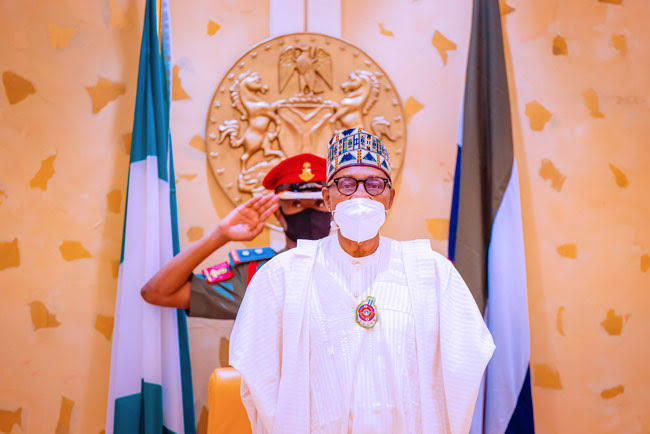The Federal Government, says it remains committed to articulating policies that will attract responsible, inclusive, balanced and sustainable investments into the country.
The Permanent Secretary, Federal Ministry of Industry, Trade and Investment, Dr Evelyn Ngige, said this while opening a meeting with stakeholders from the North, on review of the draft on Nigeria Investment Policy, on Monday in Kano.
Represented by the Director, Investment Promotion Department in the ministry, Mrs Olukemi Arodudu, the permanent secretary said that the stakeholders’ meeting would also hold in Lagos and Enugu.
According to Ngige, the engagement is part of the process of developing Nigeria’s first-ever investment policy.
She explained that until now, Nigeria’s investment regime was governed by the enabling Acts of the Nigeria Investment Promotion Commission and other agencies of government.
“This has made it difficult for would-be investors to accurately determine what Nigeria’s Investment Policy actually is.
“It is a fact, however, that African countries that have clearly outlined investment policies attract more foreign direct investment.
“This is one of the reasons why the development of an investment policy for Nigeria has been part of the heartbeat of the industry, trade and investment sectors at the federal level for the last few years,” Ngige said.
The permanent secretary said Nigeria had taken bold steps of reforming its International Investments Agreement between 2014 and 2016.
According to her, Nigeria also contributes immensely to the development of ECOWAS Common Investment Code and ECOWAS Common Investment Policy, which are negotiations of competition, investment and intellectual property rights policies.
In her remarks, Director Legal Services, Nigerian Investment Promotion Commission, Mrs Patience Okala, said the development of Nigeria investment policy was timely, as the country focused on diversifying its economy.
“The development of this investment policy comes at an auspicious time when Nigeria is focussing on economic diversification and when state parties of the AFCFTA are actively negotiating the AFCFTA investment protocol,” Okala said.
She said inputs were obtained from several Ministries, Departments and Agencies in formulating the document.
“I urge us to let us work together going forward and implement the policy when it is approved, to ensure a coordinated investment promotion and facilitation in Nigeria.
“Doing so will ensure success of the implementation of the policy and the growth of the Nigerian economy,” Okala said.
